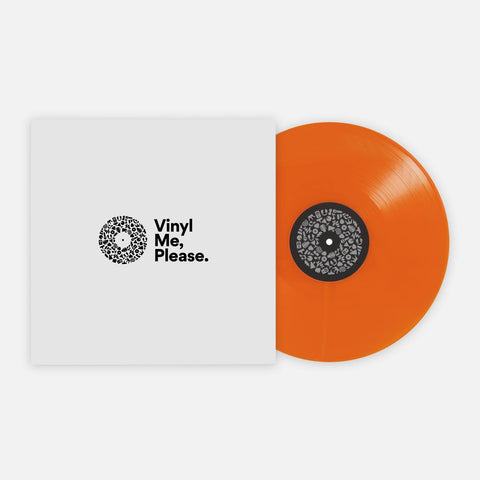A certain mythology surrounds Wilco these days. They’re known as the Chicago band that popularized indie music. They’ve had a contentious documentary made about them the same year they released their most commercially successful, and critically adored record, Yankee Hotel Foxtrot. They even created their own music festival, Solid Sound. Bandleader Jeff Tweedy himself has become synonymous with “dad rock,” in terms of the direction Wilco’s latest albums have drifted, as well as literally writing and recording an album with his son Spencer under the appropriate, if obviously named, group Tweedy.
Before Wilco became the beacon of lasting alternative music, however, there was A.M., released by Sire/Reprise in 1995. Debut single “Box Full Of Letters” led the record with its convertible-driving rock and roll disguising a break-up. Later, “Casino Queen,” which is now considered a staple at Wilco shows, includes a fiddle solo that current guitarist Nels Cline absolutely crushes today.
But A.M. garnered mediocre reviews and sales when it was released. In fact, the LP came from contentious roots. Tweedy originally performed with singer/songwriter Jay Farrar in the alt-country group Uncle Tupelo before forming Wilco. The two young musicians met in English class at Belleville West High School in 1981. With drummer Mike Heidorn, the trio released its 1990 debut No Depression. Named for a Carter Family Song, the record somehow melds traditional folk, punk tempos, harmonies and cowbells. It, too, has become its own legacy recording.
Farrar actually served as the primary songwriter in Uncle Tupelo, so when they broke up in 1994, most fans eagerly waited for Farrar’s new project Son Volt. A.M., released just barely before Son Volt’s much-preferred debut Trace, was generally considered Tweedy’s version of the continuation of Uncle Tupelo. In truth, it represented the competition between Tweedy and Farrar.
Listening to A.M. today actually exposes all of these influences. It’s seems strange that it came out the same year as Pavement’s Wowee Zowee, Sleater-Kinney’s debut, or even Elliott Smith’s self-titled LP. Those albums in particular so reflect what was happening around those artists—the popularization of grunge, the start of riot grrrl, and beginnings of emo-folk. But A.M. isn’t quite alternative rock, either. It doesn’t exactly fit lumped alongside what we now equate to the genre’s leaders like R.E.M. (college rock), Radiohead (experimental), Blur (Britpop), and others.
Rather, A.M. seems to look backward as much as it foreshadows the future of Wilco. Even from the Top 40 radio homage in the title and album artwork, the record considers its history. From Uncle Tupelo, Wilco borrows the alt-country genre tag. Pedal steel guitars and traditional bluegrass instrumentation mingle with the standard guitar-drums-bass rock band set-up. Tracks like the twangy “Pick Up The Change” and banjo hoedown “That’s Not The Issue” emphasize these country roots. At the time, Rolling Stone even compared A.M.to ‘60s folk rock icons like Gram Parsons and Neil Young. And looking even further back, Uncle Tupelo influences like Grand Ole Opry mainstay Hank Williams can be heard on ballads like “It’s Just That Simple.” The song, the only Wilco tune penned by bassist/multi-instrumentalist John Stirratt, follows the heartache and pedal steel sadness of deep cuts like “I Can’t Help It (If I’m Still In Love With You).”
But in the context of Wilco’s now nine-record discography, A.M. is the precisely logical beginning. The spotlight on Tweedy’s raspy, booze and weed-worn vocals is, of course, a highlight of the band’s sound. And the band’s experimentalism in blending these influences in the first place seems to predict how Wilco could go from the ambitious double LP like Being There to Woody Guthrie covers with Billy Bragg in the Mermaid Avenue sessions, or from blues rock noodlers on the underappreciated Sky Blue Sky all the way to benevolent industry rulers who buck the system by releasing new albums like Star Wars overnight for free. A.M. began the band’s mythology, but like most tales of folklore, its roots reach even deeper down.
Join the Club!
Join Now, Starting at $36Pages












